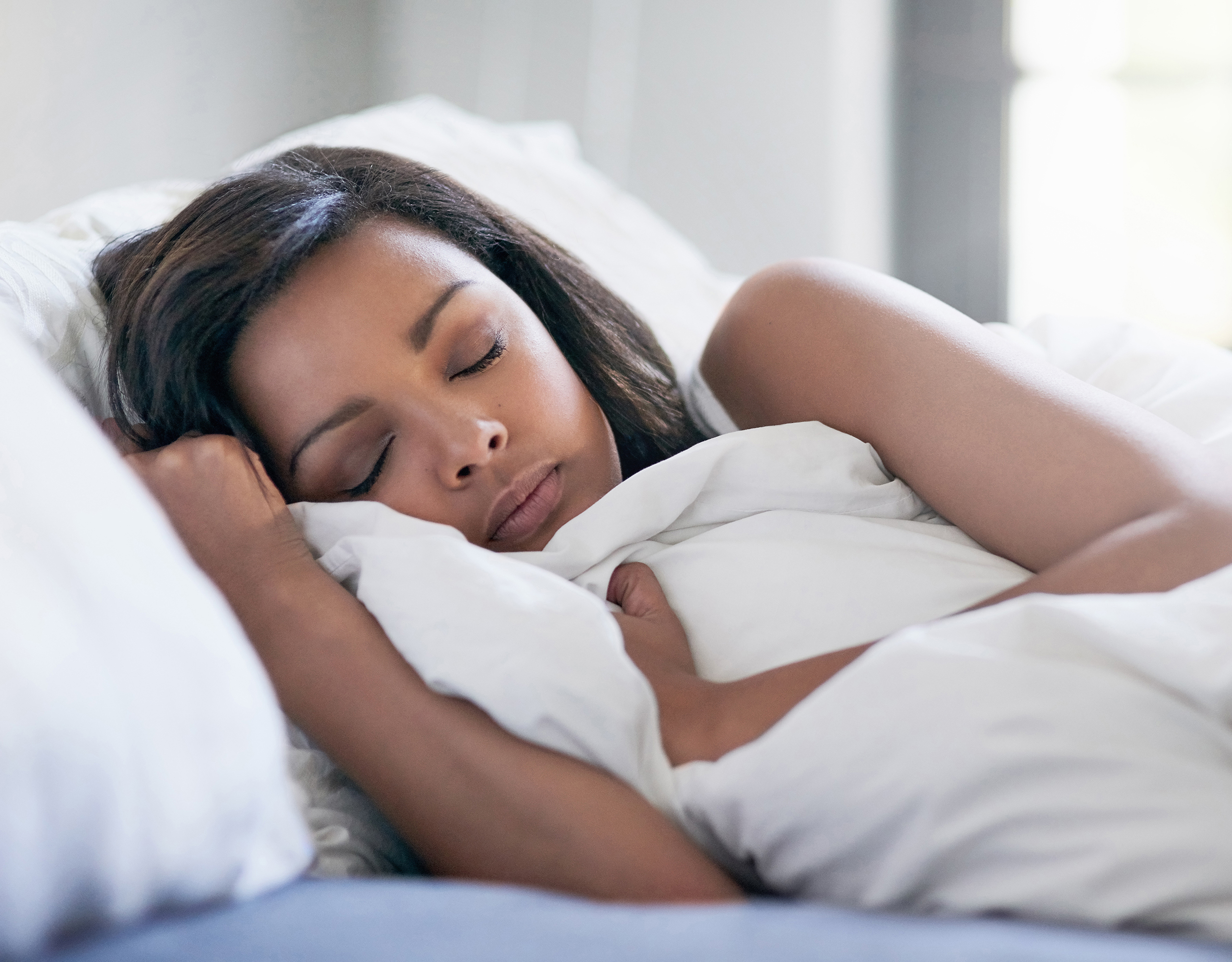About REM Sleep: Characteristics Of REM Sleep

Rapid eye movement sleep, also known as REM sleep, is the third stage in your sleep cycle. It’s characterized by small, variable-speed brain waves, rapid eye movements, increased heart rate, and muscle paralysis. The first time your body enters this phase at night, it will stay in REM sleep for 90 to 110 minutes. Throughout the night, your time in this stage gets longer especially with white noise to maintain a consistent tone.
What Happens During REM Sleep?
During REM sleep, your brain is extremely active. It’s when you process and store information, a critical mechanism for learning and memory. It also renews your mind, boosting your daytime mood and your creativity. The REM stage enables you to think clearer and feels more positive the next day.
When you are in REM, your brain processes all the information from your day. It forms neural connections to strengthen your memory and replenishes mood-boosting chemicals such as serotonin and dopamine. One of the defining traits of REM sleep is that it’s typically when you have story-like dreams. To prevent your body from acting out on these dreams, your body creates chemicals that render you temporarily paralyzed. This is known as REM atonia. If awakened during this stage, you can usually remember your dreams and recall vivid imagery. If you’d like to remember more of your dreams, try keeping a dream journal. Making a habit of writing down what you remember from your rest will boost your ability to recall your dreams.
REM as Part of Your Sleep Cycle
All of the sleep stages are important to maintaining a healthy sleep lifestyle. The other stages before REM are known as Non-REM (NREM) sleep, and account for about 75 percent of your sleeping time, with the remaining 25 percent spent in REM sleep. You’ll likely go through this entire cycle four times each night, needing about 90 to 110 minutes to complete the process each time.
Learning about all the stages of sleep is critical to taking sleep health into your own hands. Learn more about all the sleep stages and how to get more deep sleep in our blog.